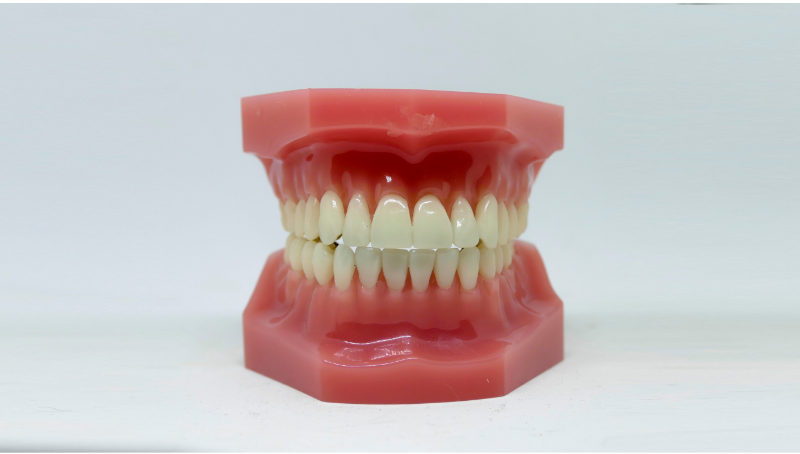Introduction
The intricate relationship between swallowing function and dental health often goes unnoticed, yet it plays a crucial role in overall well-being. Swallowing difficulties can impact oral hygiene and dental wellness, and vice versa. Understanding this relationship is essential for individuals dealing with dysphagia (swallow impairment) and their caregivers, as well as healthcare professionals involved in their care.
The Basics of Dysphagia
Dysphagia, or swallowing difficulty, can arise from various causes such as neurological conditions, muscular disorders, or structural abnormalities. It affects the ability to swallow food and liquids safely and efficiently. Oropharyngeal dysphagia involves difficulties in the mouth and throat, while esophageal dysphagia occurs in the esophagus. These challenges can lead to aspiration, malnutrition, and dehydration if not properly managed.
Impact of Dysphagia on Dental Health
The effects of dysphagia extend beyond swallowing function to oral health. Individuals with dysphagia may struggle with maintaining proper oral hygiene due to difficulties in brushing, flossing, and rinsing. Moreover, reduced saliva production, a common consequence of dysphagia, can contribute to tooth decay and gum disease. Xerostomia (dry mouth) results in decreased efficiency in swallowing, leading to increased risk of choking and aspiration. The combination of poor oral hygiene practices and altered saliva composition creates an environment conducive to dental and swallowing problems.
Dental Care Strategies for Individuals with Dysphagia
Despite the challenges posed by dysphagia, there are strategies to support dental health. Using dysphagia-friendly dental care products, such as toothbrushes with modified handles or fluoride mouth rinses, can facilitate oral hygiene routines. Regular dental check-ups are crucial for early detection and management of dental issues. Dentists can provide personalized recommendations to address the specific needs of individuals with dysphagia.
Do Dentures Affect Swallowing?
Collaboration between dentists and speech-language pathologists is helpful in managing dysphagia and promoting dental health and overall general health. Speech-language pathologists assess swallowing function and develop therapeutic interventions to improve swallowing safety and efficiency. Dentists work alongside them to address dental concerns and implement preventive measures. This interdisciplinary approach ensures comprehensive care for individuals with dysphagia. Research shows that individuals with dentures chew at only 25% of the efficiency of an individual with all natural dentition present. Furthermore, individuals with fewer than 20 teeth are at greater risk for aspiration. Individuals with changes in dentition (such as acquiring dentures or losing teeth) may benefit from a swallow evaluation from a speech therapist. A qualified speech therapist can assist in identifying food textures and liquids appropriate for aging individuals. They can also teach compensatory strategies and swallow exercises to increase swallow safety and efficiency.
Conclusion
Understanding the connection between swallowing and dental health is paramount for individuals with dysphagia and their caregivers. By recognizing the impact of dysphagia on oral hygiene and seeking collaborative care from dentists and speech-language pathologists, individuals can preserve their dental wellness. With proactive oral health management and support from healthcare professionals, individuals with dysphagia can enjoy improved overall well-being and quality of life.


